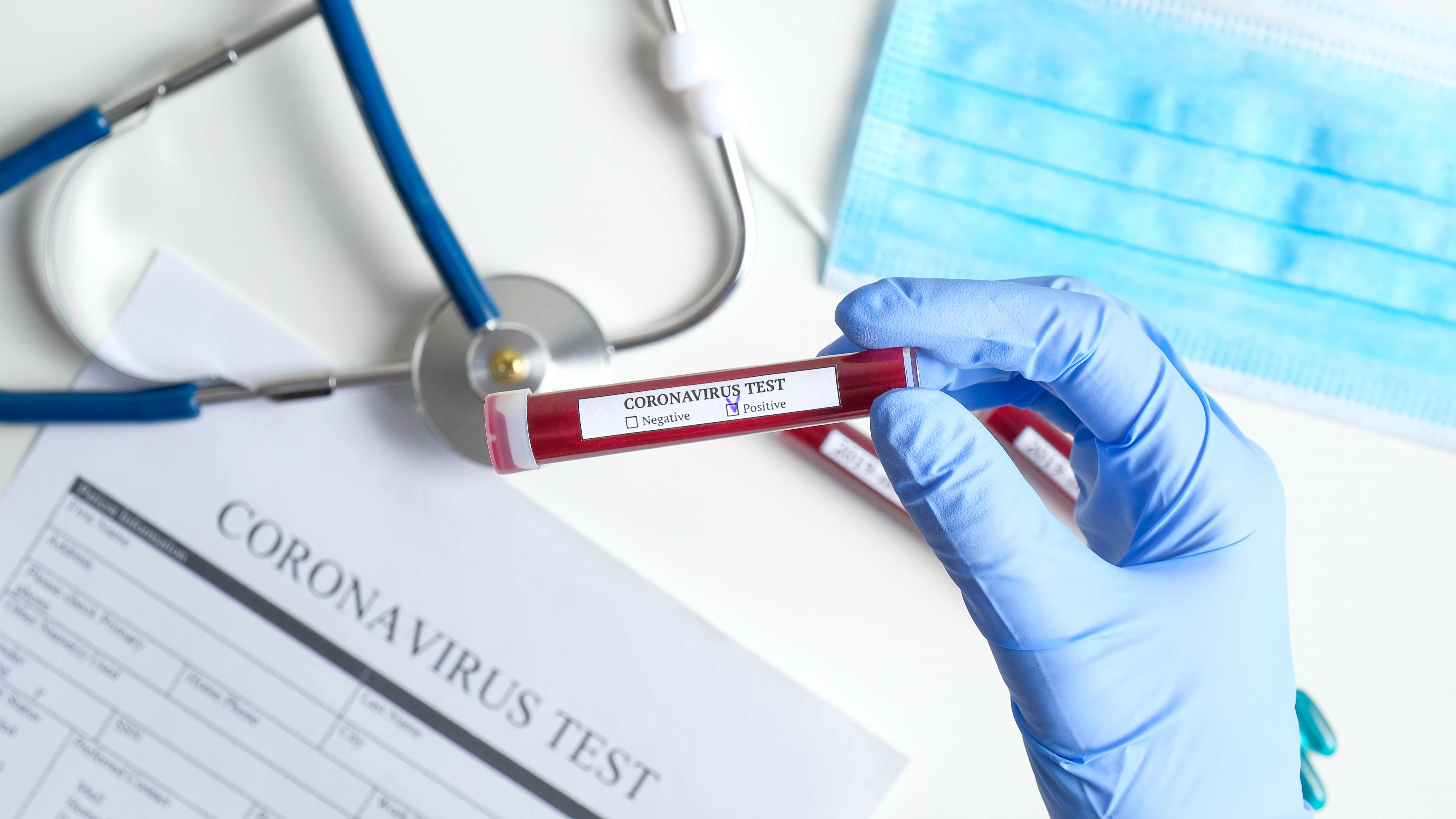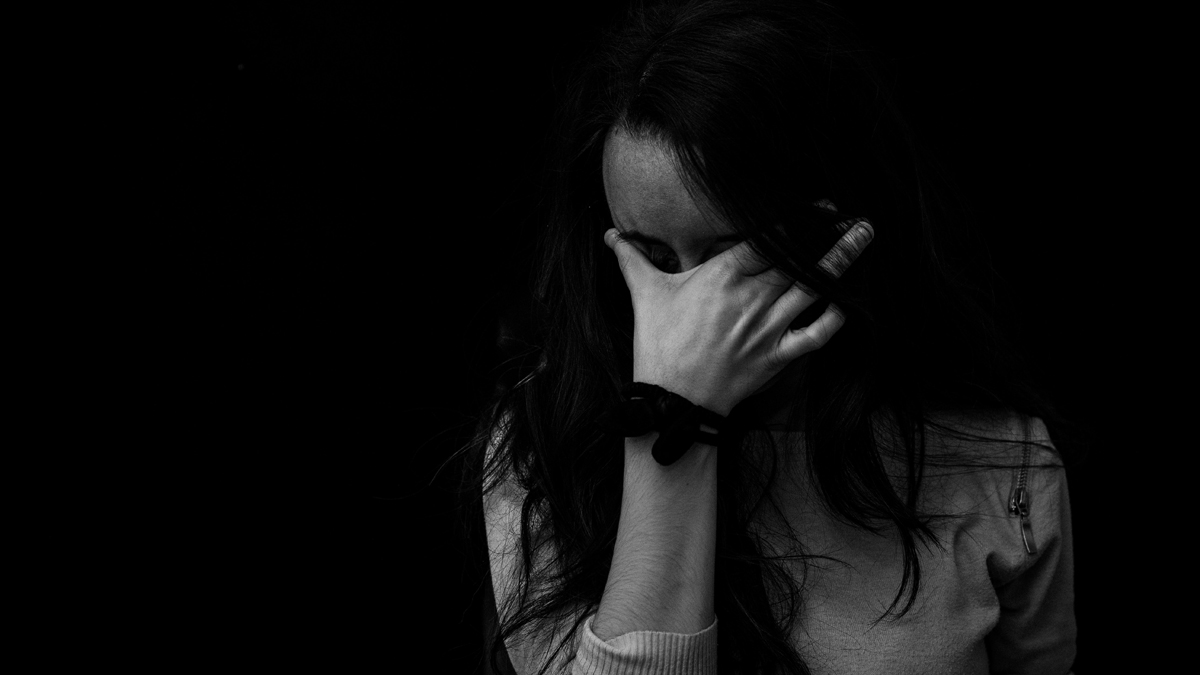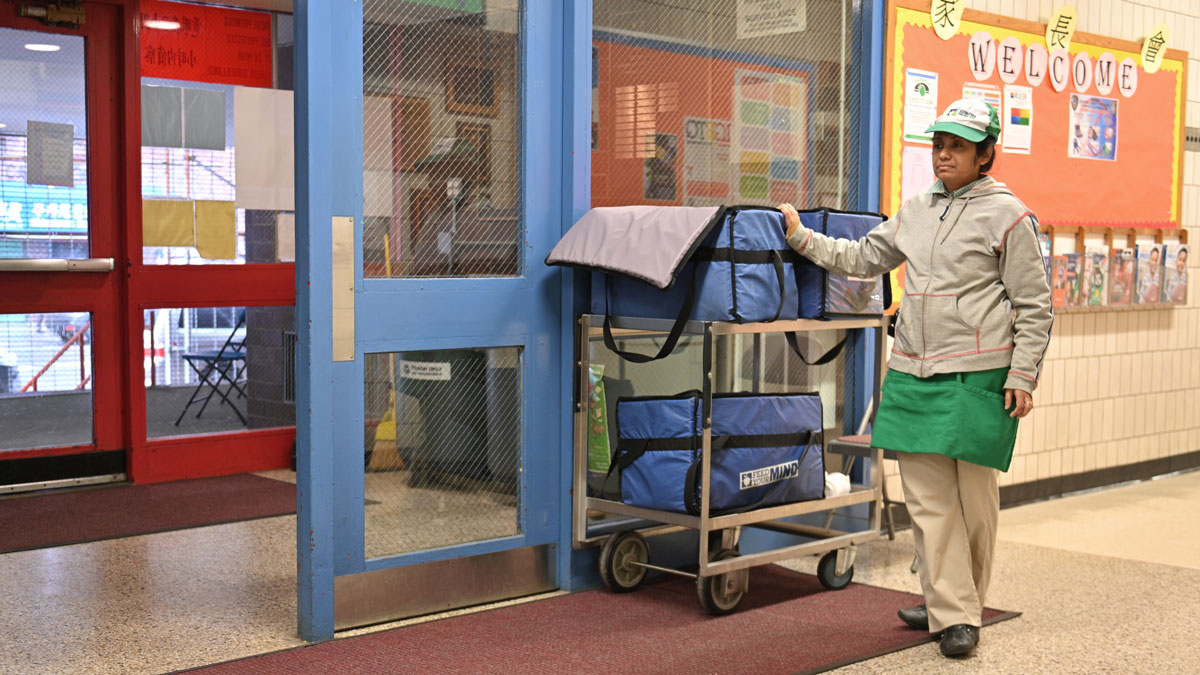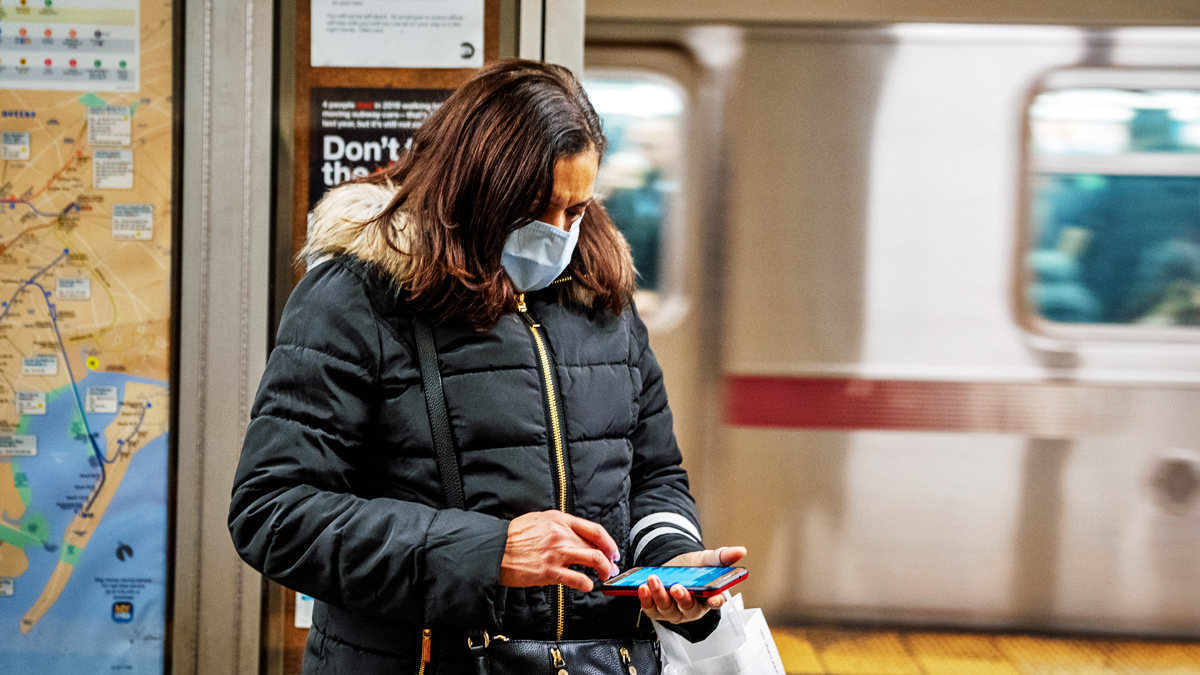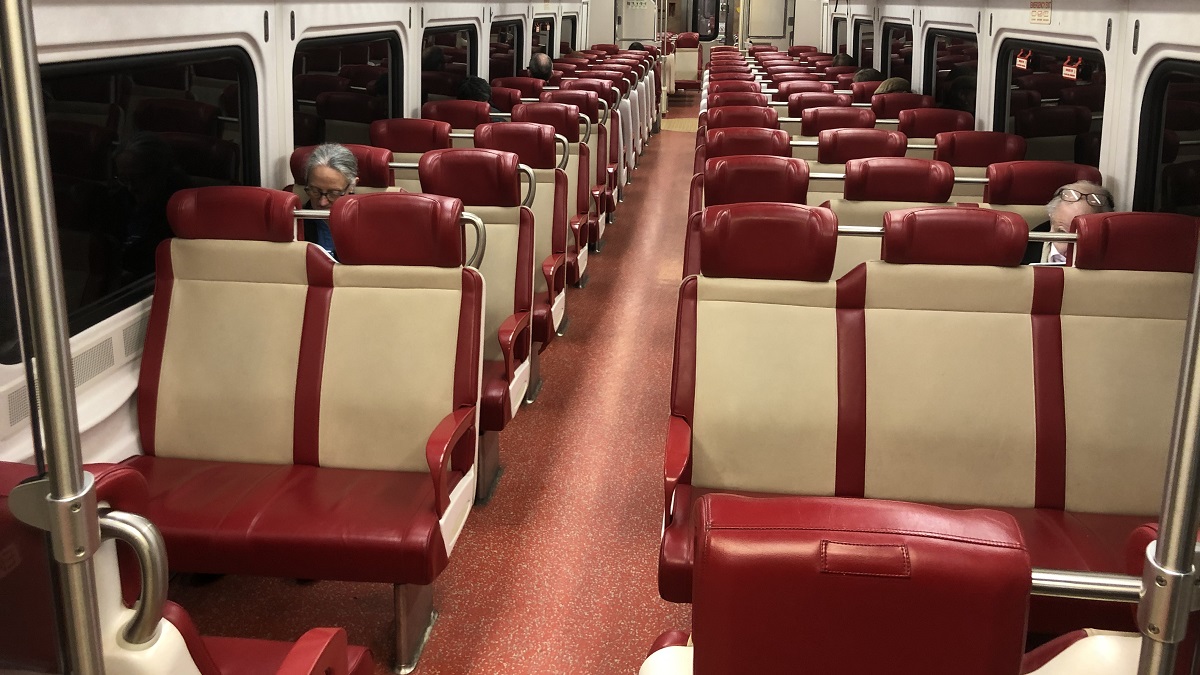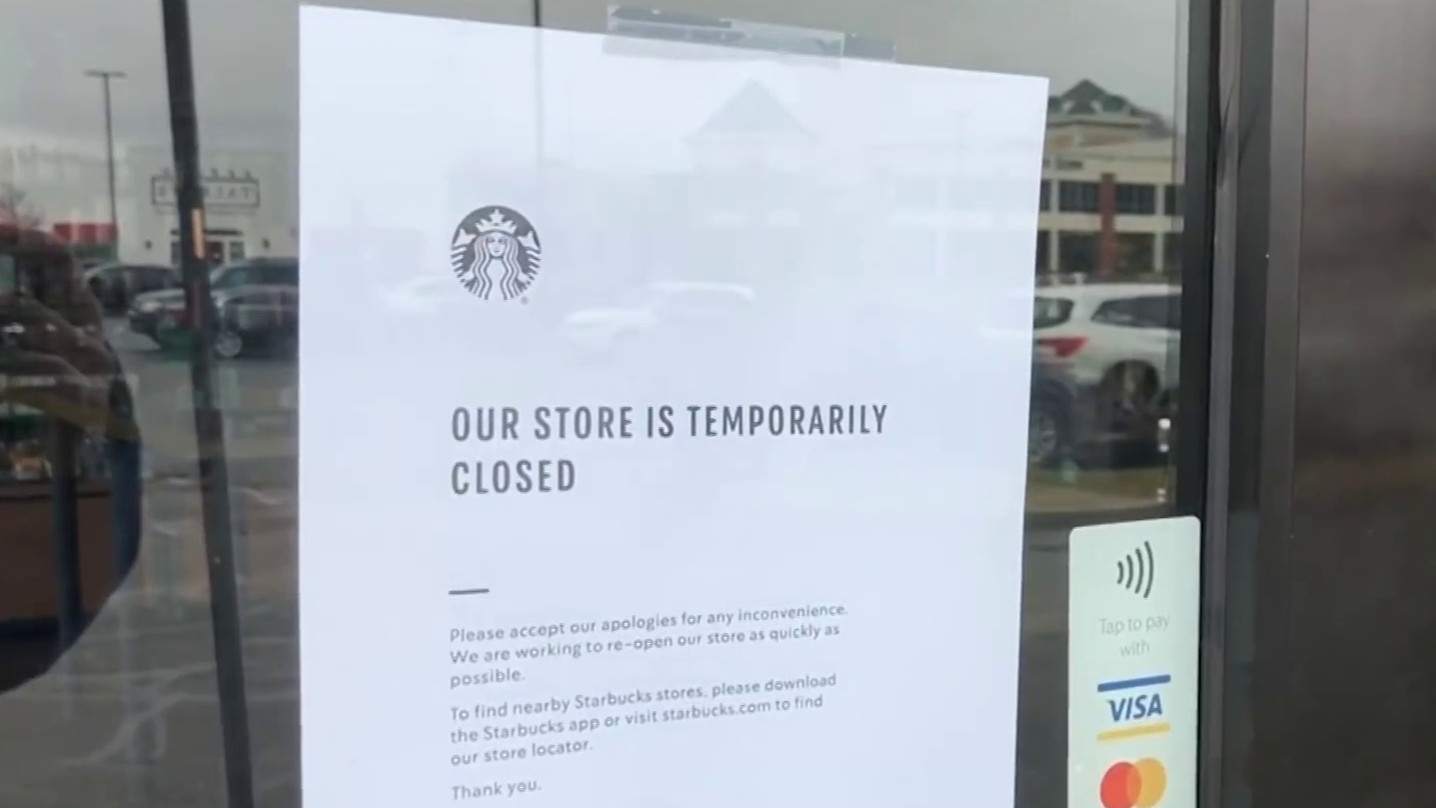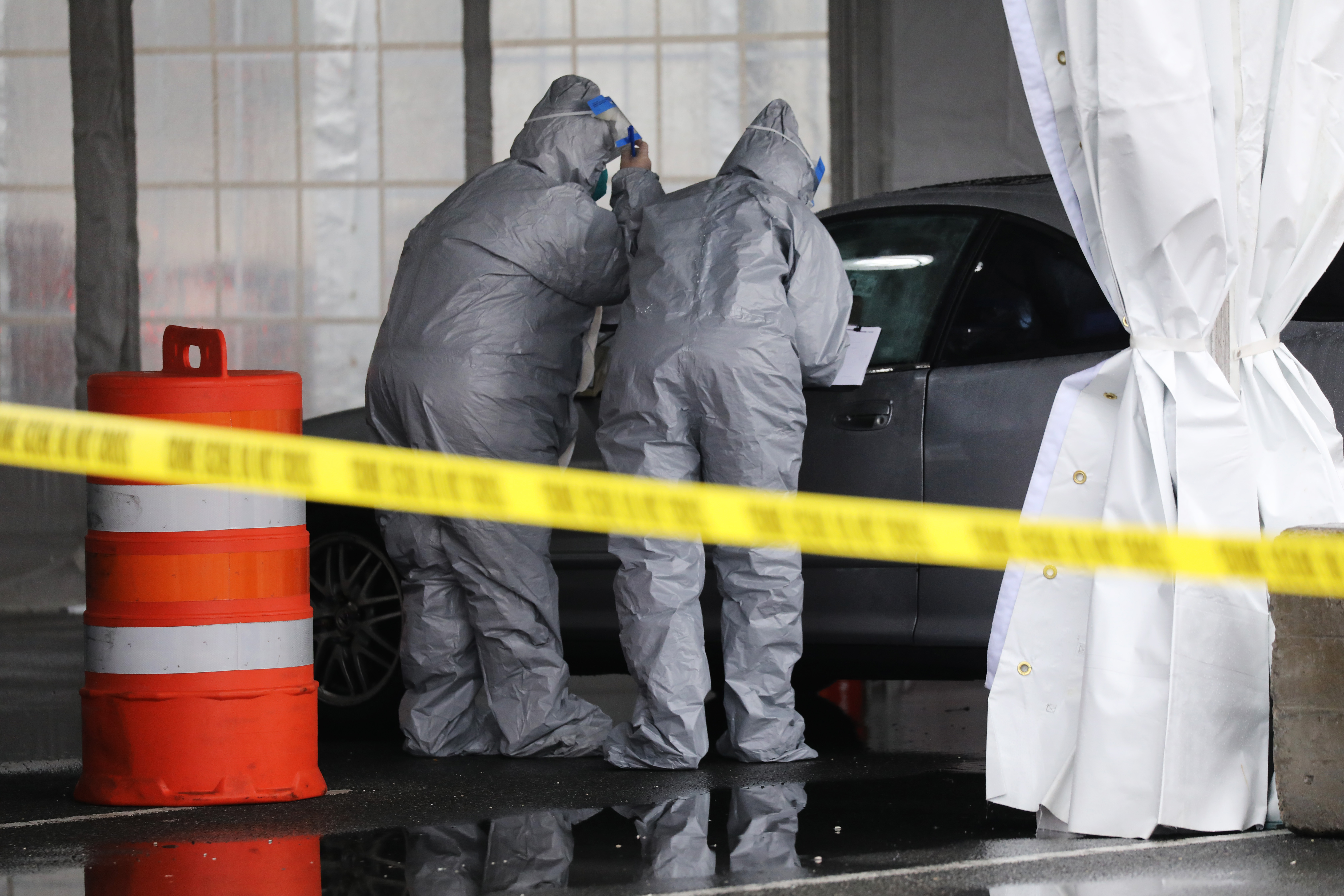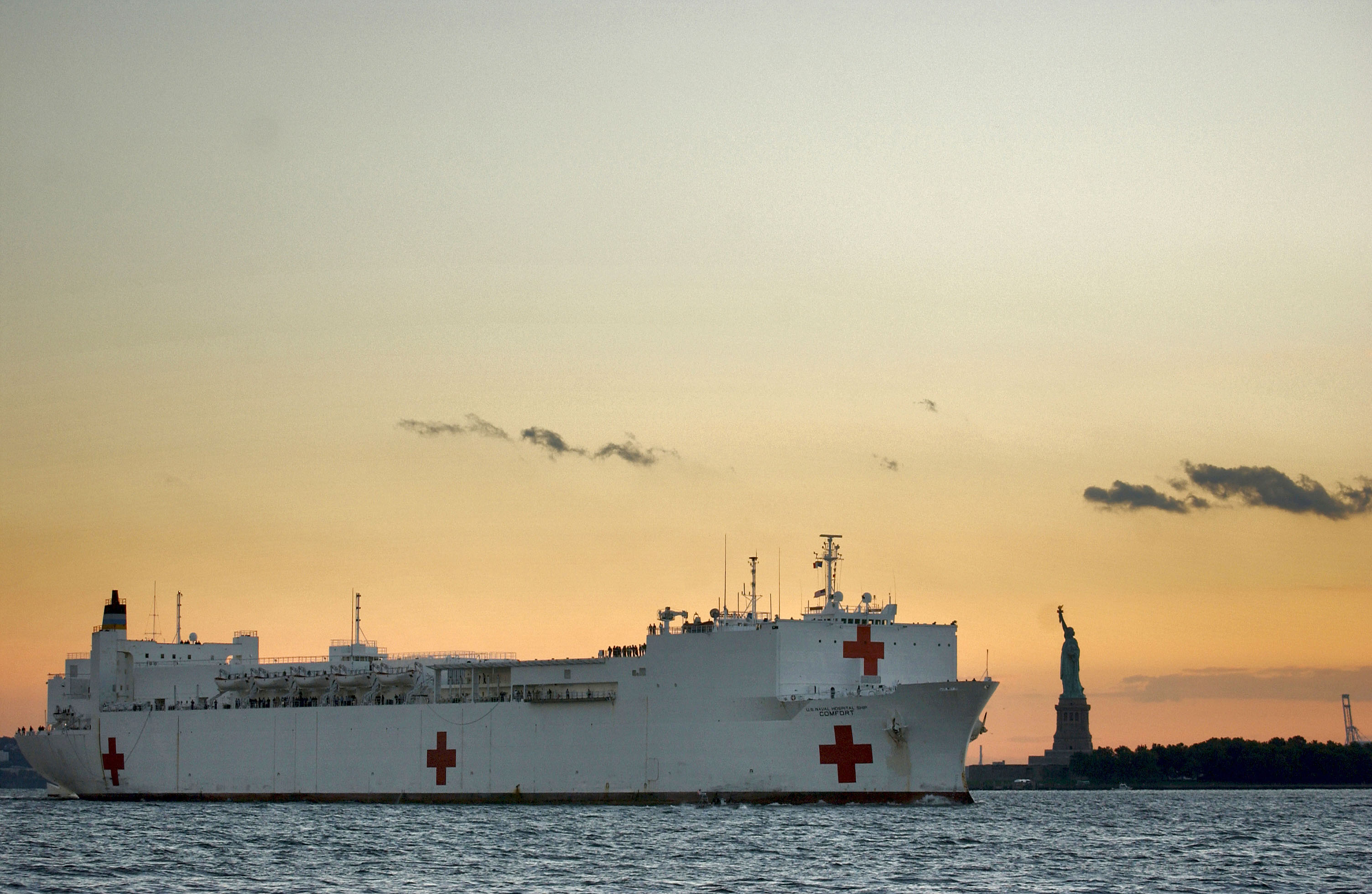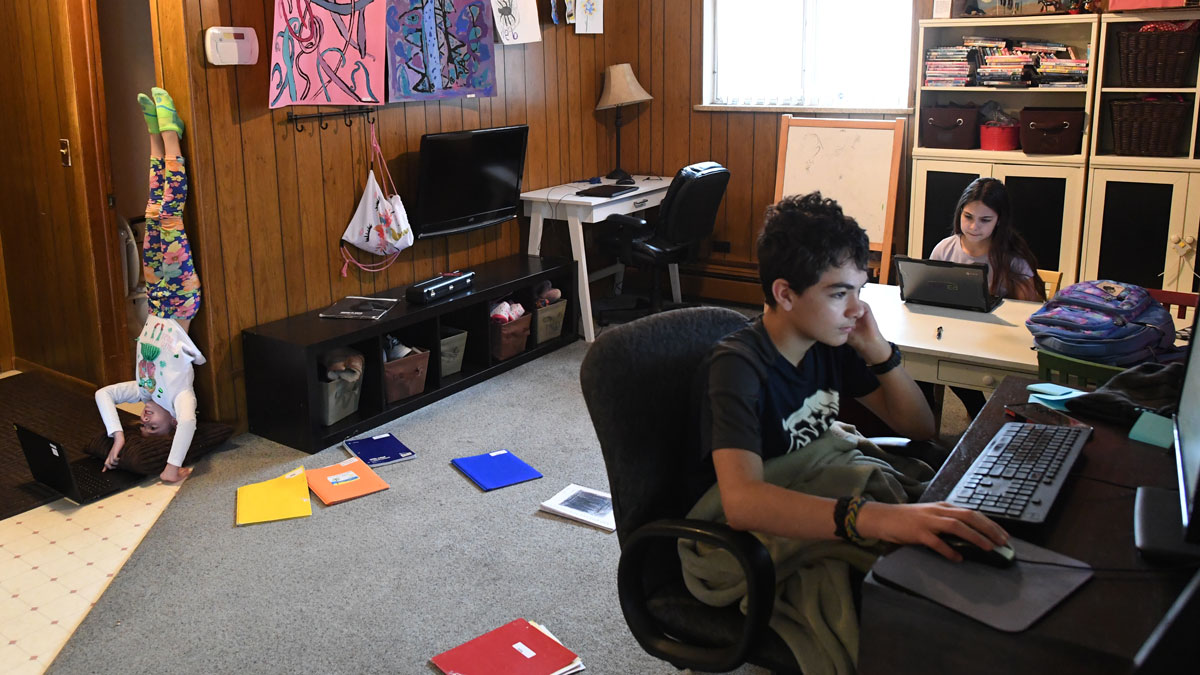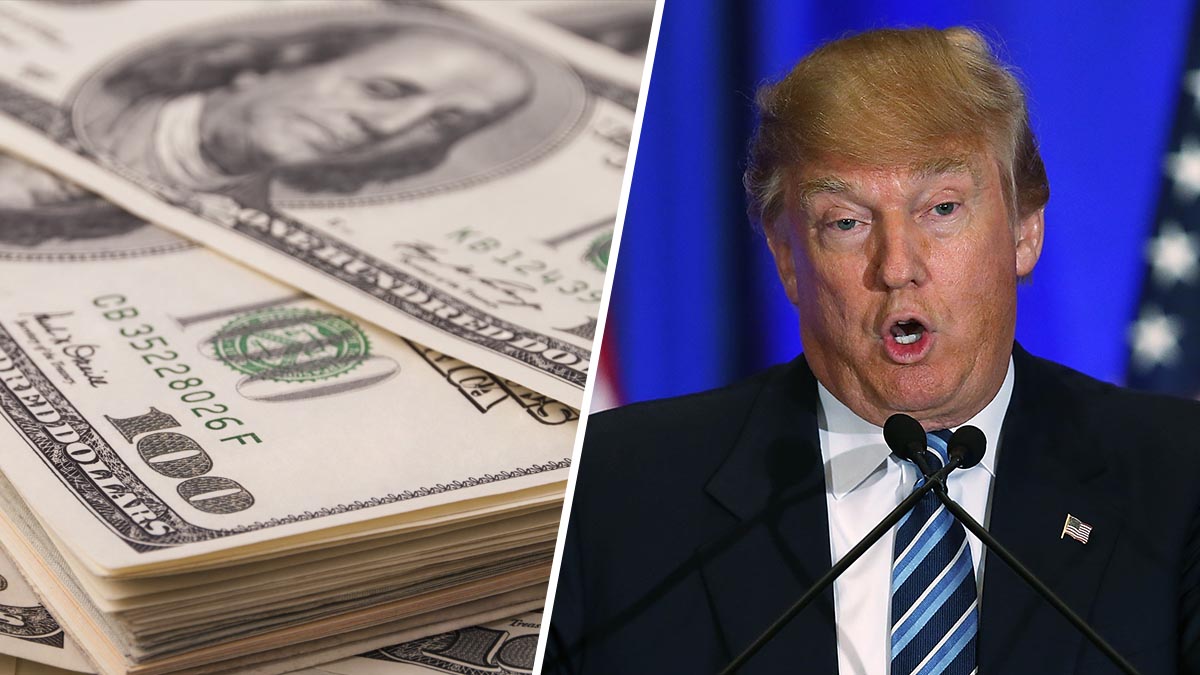What to Know
- U.S. novel coronavirus cases have surpassed 18,000; more than 200 people have died. Tri-state cases have eclipsed 9,400; at least 68 in the three states have died
- Hospitals are bracing for a flood of patients; Gov. Andrew Cuomo says it may take 45 days to reach the peak of infection and the state could need more than 2x the number of hospital beds (110,000) it currently has
- New York has banned non-essential gatherings of any number of people, its strictest measure to date; NJ Gov. Phil Murphy said his state intends to "further tighten the screws" on social distancing this weekend and Connecticut adopted its own version as well
Gov. Andrew Cuomo announced Friday that 100 percent of non-essential work forces are now required to stay home, calling it "the most drastic measure we can take" as he said the entire state of New York was "on pause."
Two days ago, that decree applied to 50 percent of the non-essential work force. A day ago, it rose to 75 percent. Now it's practically everyone; Cuomo said the escalation of the numbers gave him no choice but to further control density. The new order goes into effect as of 8 p.m. Sunday.
"This is not life as usual. Accept it. Realize it. And deal with it," Cuomo said. He asked the public to "remain indoors to the greatest extent possible to protect physical and mental health. Your actions can affect my health; that's where we are. We are all in quarantine."
By Friday evening, New York state's COVID-19 cases had surpassed 9,400, accounting for nearly half of all confirmed cases in the country. New York City had more than 5,600 cases, adding thousands more cases for the second time in as many days.
Right now, the five boroughs account for nearly a third of of all cases in America. More than 40 people in the city, and 68 across the tri-state, have died.
Effective immediately, non-essential gatherings of any size are banned and strict social distancing -- maintaining at least a 6-foot distance from others in public -- must be obeyed. Public transportation will keep running to get nurses, doctors, law enforcement officers, and other essential personnel where they need to go. Everyone else is asked to use mass transit only if absolutely necessary.
"I strongly support what he's doing," Dr. Anthony Fauci, director of the National Institute of Allergy and Infectious Diseases, said at a White House news conference Friday. "I know what New Yorkers can do. We're tough."
Coping With the Crisis
Mayor Bill de Blasio said NYC— which he called "the epicenter of this crisis" — would be enforcing the governor's policies. As part of the new measures, the mayor said all field permits, events and team sports at city parks would be canceled so as to avoid people gathering or coming in close contact. De BLsaio said that the goal is not to kick people out of parks, but rather to maintain spacing between people.
Non-compliance by businesses may result in fines or summonses; at this point, there are no legal consequences for individuals but crowds violating the new orders will be broken up. NYPD Commissioner Dermot Shea said that while summonses and arrests are a last resort for uncooperative individuals, there have been very few instances where it has come up.
People older than 70 and those with compromised immune systems are told to take even more precautions, including pre-screening visitors' temperatures and making sure any visitors wear masks.
Cuomo acknowledged businesses will be forced to close; families will face severe financial strain -- and he announced a 90-day moratorium on all commercial and residential evictions to try and ease the immediate burden. But if all of these measures save just one life, the governor said, they are worth it.
Tracking Coronavirus in Tri-State
Desperate for Federal Help
While Wuhan, China, announced two consecutive days of no new cases, floods more people in New York are requiring treatment for COVID-19 -- and Mayor Bill de Blasio says there are only a few weeks left before hospitals run out of critical supplies to help combat the respiratory disease.
"We now constitute 30 percent of the coronavirus cases in the United States of America, 70 percent of the cases in the state of New York," de Blasio said Friday. "We will run out of basic medical supplies because of the intense strain that's being put already on our hospitals by this crisis. We literally will not have the things we need to save people's lives."
He and Cuomo have called on the Trump administration to use U.S. military resources to funnel at least 3 million N95 masks, 50 million surgical masks, 15,000 ventilators, and 25 million each of surgical gowns, coveralls, gloves, and face masks to health care workers in the Empire State.
Coronavirus Latest
The president has invoked the Defense Production Act, which allows the federal government to order private companies to manufacture needed equipment. Late Friday, President Trump also approved a disaster declaration for New York, giving the state access to emergency aid and funding. But it's not clear when the help will come -- or if it'll be enough to fill the dizzying gaps in supply.
Cuomo projects peak infection is still 40-plus days out. By that point, New York state could need 110,000 hospital beds, more than double its current capacity, and more than 37,000 ICU beds. Right now, the state has 3,000 of the latter.
The governor also said that he has considered altering other, non-medical buildings to become places where more people could be treated — whether it be for COVID-19 or otherwise. Cuomo said in an interivew on CNN that he has explored using the Javits Center in Manhattan and college dorms on Long Island as temporary or pop-up hospitals, adding that those backup hospital beds will be necessary.
Statistically, about 80 percent of people who get the novel coronavirus self-resolve without needing further treatment; overall, the risk to the general public is low. New York has seen its percentage of cases requiring hospitalization hover around 18 to 24 percent, while New Jersey said Wednesday that a stunning 55 percent of its cases to date have required hospitalization.
There just aren't enough beds; Cuomo said Friday he was canceling non-critical elective surgeries statewide as of next week to help expand capacity. Ultimately, he said, beds aren't even the biggest concern.
Ventilators are a national problem. In New York, Cuomo says there are 5,000 to 6,000 ventilators right now; the state is expected to need at least five times that.
"The ventilators are to this war what missiles were to World War II," he said.
New Yorkers are doing their part to answer the call. More than 2,000 retired medical personnel activated themselves in the last 48 hours, de Blasio said Friday morning. Designer Christian Siriano reached out to Cuomo, saying he had a team of sewing staff working from home to help make masks.
How to Slow the Spread?
To date, more than 9,400 people in the tri-state area have been infected with the novel coronavirus and at least 68 have died. New York state has more than 8,300 cases and 53 deaths alone; the five boroughs account for about two-thirds of both those totals.
City and state officials have said it's hard to ever have a firm grasp on the numbers because they change for the worse by the minute.
That grim reality is being evidenced in New York daily. New Jersey also saw its total skyrocket, with 155 new cases since the day before, bringing its total to 890 as of Friday. Gov. Phil Murphy added two new fatalities, including a man in his 30s; the state now has 11. Four of the fatalities involved members of the same family. And Murphy said he expected the number to surge even higher by the end of the day.
The situation was dire enough in New Jersey that a new drive-thru testing facility that opened in Paramus Friday morning had to close by lunchtime due to exceeding capacity. Gov. Phil Murphy said it will reopen Saturday morning and will go up until 350 tests. The state expects a new site -- the PNC Bank Arts Center in Holmdel -- to be up and running by Monday.
Situation Grows Dire
Positive cases have been found in a half-dozen New Jersey nursing homes; admissions to those facilities have been suspended, health officials said. Murphy warned new social distancing requirements may come this weekend.
Connecticut has reported four deaths and 194 cases, according to Gov. Ned Lamont. Local health officials, though, fear thousands have been infected in the state and caution numbers will only rise exponentially as testing capacity expands. See the latest tri-state case count broken down by county here.
Lamont announced a new plan called "Stay Safe, Stay at Home," calling on non-essential retailers to close "for the foreseeable future" and offices to go work-from-home only. His plan effectively mirrors New York's.
Lamont also said an anonymous benefactor has donated millions of dollars to open 26 day care facilities, each holding 30 kids, near hospitals to support healthcare workers.
The three tri-state governors have already taken unprecedented joint action -- banning crowds over 50, restricting restaurants to take-out and delivery, closing schools, gyms, bars, casinos and indoor shopping malls to help slow the pandemic. Now they've added personal care businesses to the shutdown list, effective as of 8 p.m. Saturday, March 21. Pennsylvania has since joined the coalition. Cuomo says that all three states, in addition to Delaware, may join in the new rules on gatherings and closures he announced Friday morning.
The coalition of states has been working with the federal government on plans to get help -- and they need it. Murphy said Friday that the four states -- his, New York, Connecticut and Pennsylvania -- would need $100 billion in a block grant.
Coronavirus in the Tri-State Area
Where Do We Go From Here?
The depths of the outbreak -- and its impact -- are incomprehensible at this point but most definitely catastrophic: Billions upon billions of dollars have been lost and more will be lost; many have died, far more have been sickened. And the grim totals will rise.
As de Blasio said on HOT 97 Wednesday, "This is going to fundamentally change all of our lives for months, it's just a question of how many months."
The World Health Organization has declared the novel coronavirus a pandemic, the first coronavirus to ever earn the dubious distinction. It's novel -- that means it's new and no one has immunity to it.
Vaccines are in the works -- and a new clinical trial launched Monday.
Public health officials say it will take a year to 18 months to fully validate any potential vaccine. Other medical options are in the works, including experimental drugs and antiviral therapies. One of the companies leading the experimental drug charge said it has five clinical trials worldwide, three of which have United States patients enrolled. But there's no proof yet that it's safe or effective.
More on Coronavirus
NBC News estimates the total number of U.S. cases has surpassed 18,000 and more than 200 people have died. The state with the highest number of deaths is Washington, where America's very first COVID-19 case was reported.
Every state in the U.S., as well as Washington D.C., has reported multiple COVID-19 cases. Globally, more than 230,000 have been infected and more than 9,000 people have died, according to multiple sources and health agencies.
The World Health Organization's daily situation report Thursday summed up the sobering reality in one sentence: "It took over three months to reach the first 100,00 confirmed cases, and only 12 days to reach the next 100,000."

